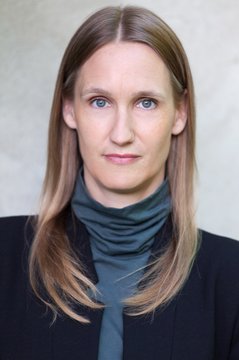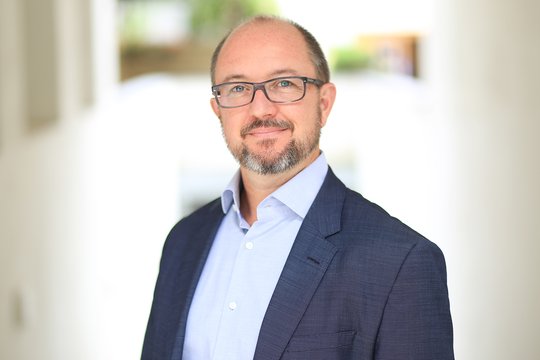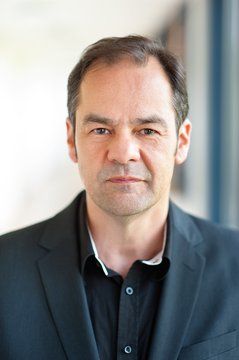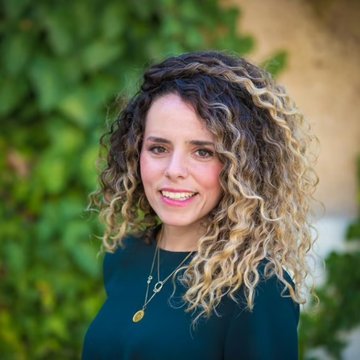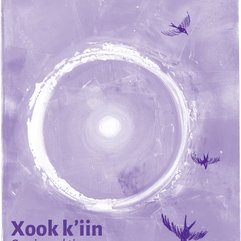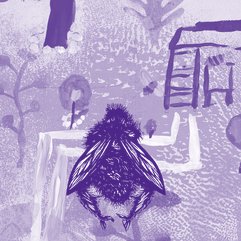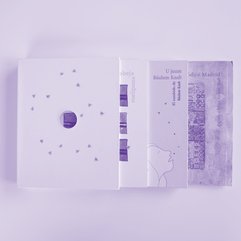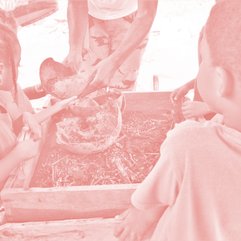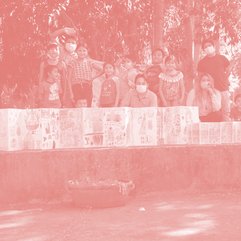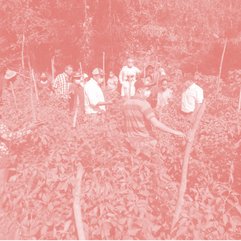Spore Hosts: Time to Talk: German Media and Gaza
A critical discussion of German media coverage since October 7 and the attack on Gaza
19.00-21.00
Save the Date
for adults
in German

For over a year, public discourse in Germany has appeared detached from the events in the Middle East and international reporting on them. This is caused by the German media's unwillingness to cover the war professionally and independently and to maintain the necessary distance from information sources and political actors.
In the first few months in particular, many editorial offices were guided by the German raison d'état, which was understood to signify unconditional solidarity with Israel and support for the Israeli government. Double standards prevail not only in politics, but also in the media with regard to Israel and Palestine. This has created a gap between the war narrative in Germany and the perception in other democratic countries that seems difficult to bridge - with far-reaching consequences on culture and science.
What are the reasons for this journalistic failure? Is it a lack of background knowledge and a shortage of staff or political pressure and external influences? What role does the fear of accusations of anti-Semitism and possibly losing one's job, further commissions or public funding play for journalists and potential interview partners? And is false or one-sided reporting an accumulation of regrettable individual cases, or is there a structural problem - for example in public service broadcasting?
According to surveys, almost half of the German population has little or no trust in German media reporting on Gaza and Israel. How does this affect freedom of the press, debates in the arts and culture scene and democracy as a whole? And how can trust be regained?
KRISTIN HELBERG (moderator) - For seven years, political scientist and journalist KRISTIN HELBERG reported from Damascus on the Middle East for German, Austrian and Swiss radio programs as well as various print and online media. Today she works as an author, Middle East expert and presenter in Berlin. Herder Verlag has published her book “Verzerrte Sichtweisen - Syrer bei uns. Von Ängsten, Missverständnissen und einem veränderten Land” (2016) and ”Der Syrien-Krieg. Solution to a world conflict” (2018). As a Mercator Foundation scholarship holder, she researched the Syrian diaspora in Germany.
Jan-Christoph Kitzler is ARD correspondent in Tel Aviv. He studied history, politics and philosophy in Freiburg and Glasgow and completed a traineeship at NDR. He worked as a television reporter for ARD aktuell, among others, and has been with Deutschlandradio since 2006. He was ARD correspondent in Rome from 2013 to 2019 and has been reporting on Israel and the Palestinian territories from Tel Aviv since 2022.
Daniel Bax, born in 1970, is a journalist and author. He has worked, with interruptions, for the tageszeitung (taz) since the end of the 1990s. He also writes for other media on politics, culture and society in Germany and lectures on journalism and freedom of opinion as well as migration and religious policy. He is a member of the board of Neue deutsche Medienmacher:innen (NdM) and on the advisory board of CLAIM - Allianz gegen Islam- und Muslimfeindlichkeit. He has published two books to date: “Angst ums Abendland” (2015) on anti-Muslim racism and “Die Volksverführer” (2018) on current right-wing populism.
Kai Hafez is a political and media scientist and holds the Chair of Communication Studies with a focus on comparative analysis of media systems at the Faculty of Arts and Humanities at the University of Erfurt. His research focuses on comparative media ethics, media and politics in Germany and the Middle East, and foreign reporting. In 2020, he was appointed to the Federal Ministry of the Interior's “Independent Expert Group on Muslim Hostility (UEM)”.
Alena Jabarine is German-Palestinian and was born in Hamburg in 1985. She studied political science and international relations in Hamburg and Barcelona and then completed her traineeship at NDR. Since then, she has worked as a freelance journalist for various media and lived in Ramallah for three years from 2020, where she worked for the Palestine office of the Konrad Adenauer Foundation. Jabarine is the daughter of a German mother and a Palestinian-Israeli father.



